
The annual Postdoctoral Awards for Research Excellence (PARE) Ceremony celebrates the outstanding achievements of postdoctoral scholars at UNC-Chapel Hill. These awards honor postdocs who have demonstrated exceptional research accomplishments and creativity, as well as meaningful contributions to their academic discipline and the broader scientific community.
Each awardee is presented with a plaque in recognition of their accomplishments. As part of the celebration, recipients deliver engaging 10-minute talks highlighting their research fields, showcasing the depth and impact of postdoctoral scholarship at Carolina.
2025 PARE Winners
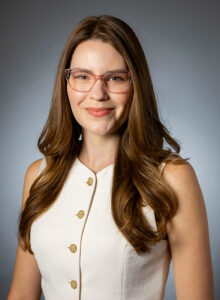
Marta Overchuk, Lampe Joint Department of Biomedical Engineering at UNC-Chapel Hill and NC State
Research: In Imran Rizvi’s lab, Overchuk explores photodynamic therapy (PDT) for cancer, a non-invasive approach using light and light-activatable molecules to generate therapeutic reactive oxygen species. Specifically, she investigates how PDT can overcome chemotherapy resistance to improve treatment efficacy and safety in preclinical models of ovarian cancer. A recent study by the lab reveals that PDT enhances chemotherapy by inducing a process resembling ferroptosis, a distinct form of cell death driven by lipid peroxidation, thereby opening new avenues for developing lipid-targeting PDT agents particularly effective against chemo-resistant cancers.
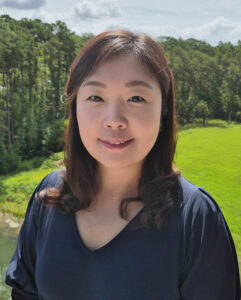
Juhyun Ahn, Department of Microbiology and Immunology, School of Medicine
Research: In the lab of Janelle Arthur, Ahn’s research seeks to define mechanisms by which certain gut bacteria disrupt host-microbe interactions in inflammatory bowel diseases (IBD) and colorectal cancer. Her work has revealed a presumed microbial trigger for intestinal fibrosis — a serious complication for many IBD patients that involves intestinal narrowing and blockages that require surgery. By further understanding this disease process and identifying microbial markers to facilitate early diagnosis, researchers can create new ways to prevent and treat intestinal fibrosis and improve the lives of people with IBD.
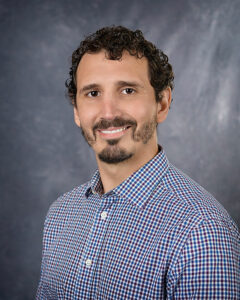
Joaquin Douton, Department of Psychology and Neuroscience, College of Arts and Sciences
Research: In the Regina Carelli lab, Douton studies how addiction and negative emotions affect brain function and how these changes contribute to drug relapse. Using animal models, he tracks changes in brain circuits occurring due to addiction and tests highly translational treatment strategies to reverse these effects and restore healthy brain function. Douton’s goal is to turn these discoveries into therapies that help people recover from substance use disorders. .
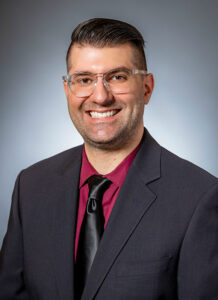
Christopher Genito, Department of Biomedical Sciences, School of Dentistry
Research: In Lance Thurlow’s lab, Genito studies how diabetes makes people more vulnerable to potentially life-threatening infections. A recent discovery of the lab shows that diabetes promotes the development of antibiotic-resistant bacteria. Genito’s future work aims to understand how diabetes affects vaccine efficacy with the goal of protecting people with diabetes from acquiring preventable severe infections.
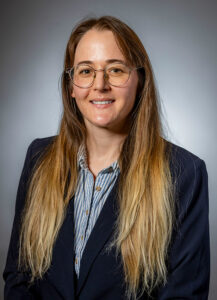
Jeanna Campbell, Cecil G. Sheps Center for Health Services Research
Research: Campbell’s research explores the impact of income, community resources, and primary health care services on cardiometabolic health outcomes, such as obesity and type 2 diabetes. She is passionate about community-tailored services that meet community members’ unique health needs and preferences. Currently, she assists in the implementation of a culturally tailored dietary intervention posited to reduce inflammation and cardiometabolic disease risk, as well as an intervention linking rural community members with tailored disease prevention resources.
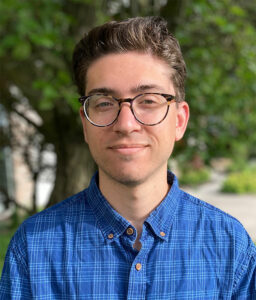
Eric Hurwitz, Department of Genetics, School of Medicine
Research: In the Translational and Integrative Sciences Lab led by Melissa Haendel, Hurwitz’s research harnesses big data from multiple sources, including electronic health records, passive data from consumer-grade wearable devices, and self-reported patient outcomes to develop personalized strategies for early disease detection and enhanced patient monitoring. He uses advanced statistical and machine learning methods to improve traditional methods that may not generalize across patient populations. Hurwitz’s goal is to combine data streams with personalized methods to promote a pro-active and preventative approach to human health for enhanced precision medicine efforts.
